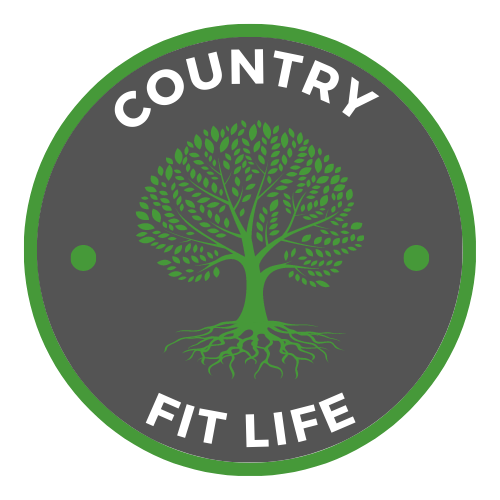What is a Primal/Paleo diet?
In a nutshell, the Paleo diet (or, as I like to think of it, the Paleo template) is based on the notion that for optimal health, modern humans should go back to eating real, whole unprocessed foods that are more healthful than harmful to our bodies.
The theory behind the diet is the human race has thrived on a diet for millions of years consisting of, animal foods, vegetables, fruits in season, along with nuts and seeds. Our bodies are built to consume these foods, but this is not what our diets look like today. The Paleo diet is based on the idea that this discrepancy between our bodies and our diet might be the reason for modern health problems like diabetes, obesity, chronic fatigue and heart disease. Just like any other creature, humans suffer when we stray from our natural diet, but when we return to it, a transformation can happen. Food stops making us ill, and starts making us strong, sprightly, and radiant with health and vitality.
Are there any problems with the diet?
In the past couple of years the paleo/primal diet has received a fair share of positive and negative media attention. There seems to be a lot of misunderstanding about what a Paleo/Primal approach to nutrition and lifestyle means for most people.There are a few common misunderstandings of the paleo approach.
Firstly, a common misunderstanding of the diet is, following a Paleo/primal diet/lifestyle today is about re-enacting the exact diet/lifestyle of our ancestors. This is not the case we are modern beings living in a different time, instead it is about embracing the principles of their diet and lifestyle to a modern context: eating toxin-free, nutrient dense, whole foods, moving our bodies regularly, sleeping at least 8 hours a night, managing our stress, and playing and having fun.
Me playing and having fun at Health Unplugged
Secondly, Paleo is the same as a very-low-carb (VLC) or ketogentic diet, this is not the case. Due to this confusion many people have now become carbophobic . I don’t think any diet should cause people to be afraid of an entire macronutrient. The confusion stems from the early days of the approach where many of its adopters and advocates were coming from very low-carb diets like Atkins. This lead to the low-carb ideology becoming mixed with the paleo approach, even though most true Paleolithic diets were not low carb but moderate carb typically 30-40% .However that said, I am not saying that a VLC approach is necessarily bad. Some people do thrive on a VLC long term approach to paleo. But that doesn’t mean everyone will have this experience, for others it can actually cause harm. Low Carb diets are an effective therapeutic tool in certain situations however , it’s equally true that low carb—and especially VLC and ketogenic—diets are not appropriate in all circumstances, and they are certainly not our “default” or optimal nutritional state.
Individualised Paleo approach
I really hate the word diet, that is why I see Paleo as a template, rather than a “diet”. When you label something as a diet you imply that one needs to follow a particular approach with strict defined parameters. There is no room for individual variation, experimentation or adaption. If you switch to use the word template instead it allows you to implement a more flexible and individualised approach. We are all unique therefore there is no one diet that fits all. You have to find, by trial and error the approach that works for you. Adopting a template allows for a more flexible and individualised approach, the set of general principles can be then customised based on your individual biochemistry and experience.
We need to keep reminding ourselves that there is no one diet that fits all,just because your friend is feeling fantastic on VLC approach, do not let their experience dictate how you should expect to feel . If you feel fatigued, moody and start suffering with poor athletic performance you know that that approach isn't working for you. You need to be your own judge when it comes to figuring out the most appropriate diet for you. Where do I fit in? I take a low carb high fat approach. I avoid grains , certain nuts and starchy vegetables like sweet potatoes and parsnips. I just do not feel at my best when I eat them, and they play havoc with my digestive system and hormones. I may let the cheeky sweet potato brownie and cashew cream bite slip in again, but I pay for it the following day! Ant on the other hand has no issues with them (sigh).
Again there is no single approach that works for everyone. Just as there was huge variation in what our ancestors ate, there is also huge variation in what works for each person. Some people see great improvements in their health when they eliminate dairy products. Yet others seem to do well on them. Some feel great on a low-carb approach, while others feel great eating more carbohydrate. Some appear to need a higher protein intake (up to 20-25% of calories), but others do well when they eat a smaller amount (10-15%). The key is to use paleo as a baseline and personalise your approach to meet your own unique needs.
Work with Emma-Louise
Interested in receiving one-on-one support? I currently work with a select number of clients each month interested in nutritional therapy.




